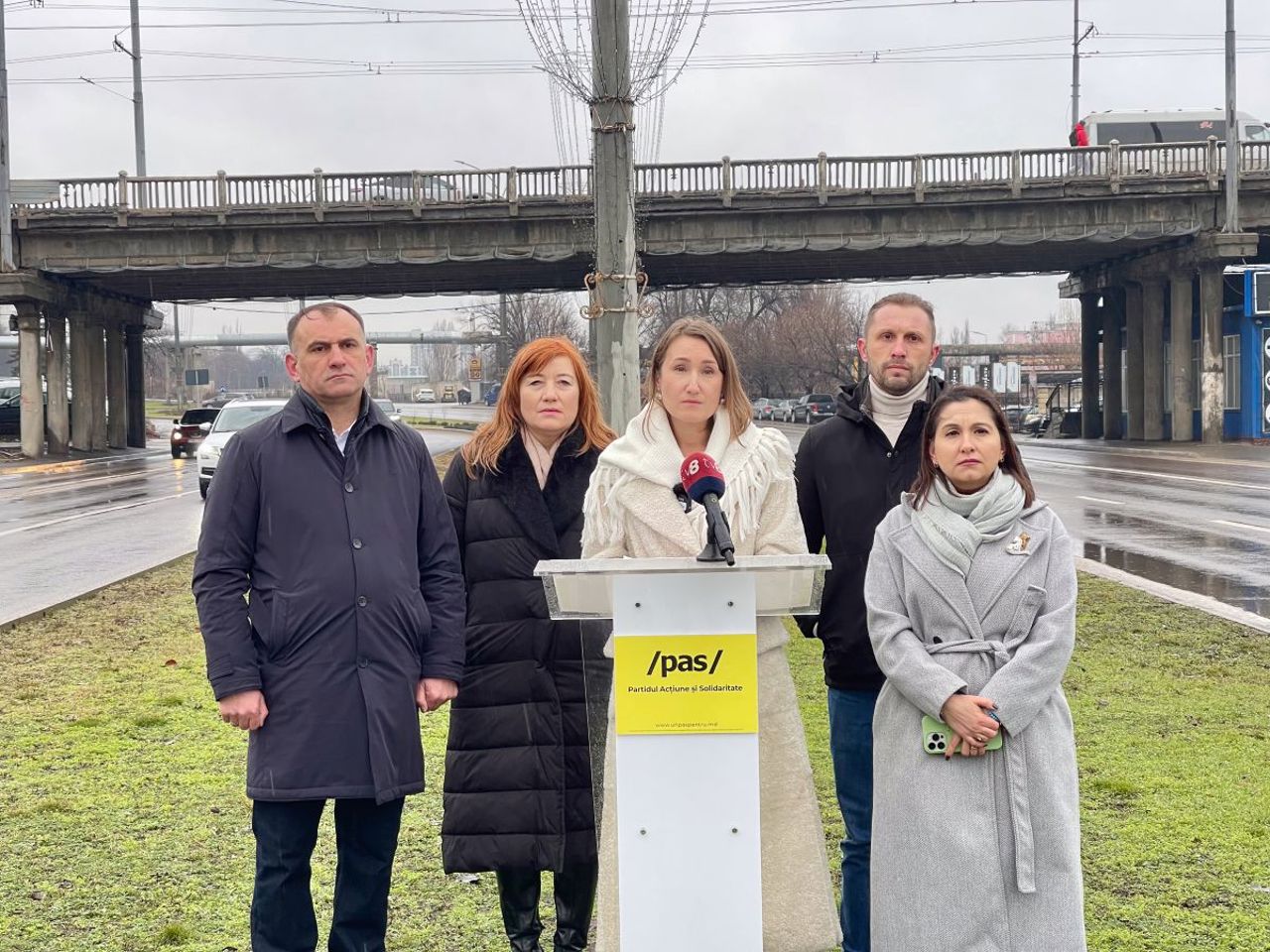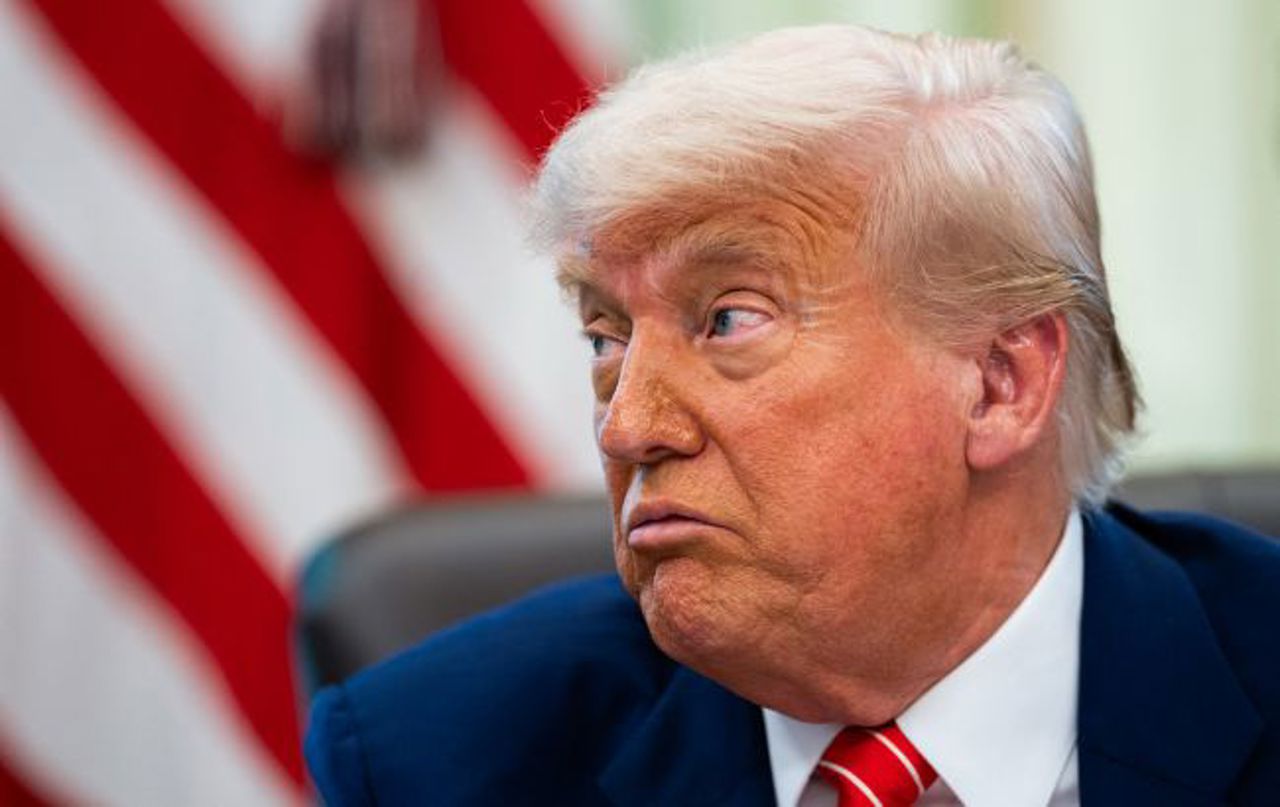Moldova’s EU accession and key political updates: a press review

European leaders are set to visit Moldova on July 4th for an EU-Moldova summit confirmed by President Maia Sandu.
Expected attendees include the President of the European Commission, Ursula von der Leyen, the President of the European Council, António Costa, and the EU High Representative for Foreign Affairs and Security Policy, Kaja Kallas.
Maia Sandu emphasized that the meeting will focus on the current stage of Moldova’s EU accession process, evaluating both Moldova’s fulfillment of its commitments and the European institutions’ delivery on theirs.
Radio Free Europe highlights that ahead of elections, the EU is offering Moldova summits usually reserved for larger countries. A draft declaration, obtained by the outlet, promises that such meetings will become regular events. However, the 27-member bloc has refrained from commenting on the speed of Moldova’s accession, urging the country to intensify anti-corruption efforts. Notably, sanctions against Moldovan oligarchs—opponents of the current government—are not mentioned.
The risk of losing EU funding if an anti-European government takes office in Chișinău is real. Moldova 1 interviewed MEP Dan Barna, who stressed that the country’s future depends on voter mobilization in the upcoming parliamentary elections and a firm commitment to continuing reforms necessary for European integration. Barna issued a warning about Russian interference in the elections, comparing Moldova’s situation to a “dangerous precedent” seen last autumn in Romania. He cautioned that Moscow will continue to inject funds to influence the vote and destabilize Moldova’s European trajectory. The full interview is available on Moldova 1.
President Maia Sandu responded to Russian President Vladimir Putin’s call to block NATO expansion toward former Soviet republics, stating that only Moldovan citizens can decide their country’s future, whether now or in ten years. Pro TV features an interview where Sandu reiterates that it is the sovereign right of Moldovans to choose their path, despite possible U.S. concessions to Russia as part of a ceasefire agreement in Ukraine.
For the first time, Moldova has been included on the Trans-European Transport Network map. Jurnal.md spoke with Vice Prime Minister for European Integration Cristina Gherasimov, who explained that this inclusion means access to European funds for better roads, more efficient border crossings, and faster connections for passengers and goods.
Despite Moldova purchasing electricity at lower prices than in previous years, these reductions are not yet reflected in consumer bills. TV8 consulted Energy Minister Dorin Junghietu, who explained that the price paid by citizens is affected by the complex supply structure, market mechanisms, and the fact that the tariff adjustment period has not yet concluded. Changes in prices may appear after July 1, when new market rules in Romania take effect. At that time, a tariff increase is possible if demand rises.
“We cannot have a future without acknowledging the consequences of Stalinist deportations.” On the 84th anniversary of the first wave of deportations, Jurnal.md shares historian Octavian Țîcu’s message, emphasizing that the Soviet regime has never been condemned and Russia has never fully assumed responsibility for these atrocities. This historical lesson is crucial for choosing Moldova’s future, as many Bassarabian families have members who were repressed. On the night of June 12-13, 1941, tens of thousands of people from Bessarabia and northern Bukovina were forcibly gathered and transported in freight wagons to Siberia and Kazakhstan. Among them were wealthy farmers labeled as kulaks by the Soviets, priests, and intellectuals.
IPN reports that over 6,300 people recognized as victims of political repression still live in Moldova, about 1,700 of whom are members of the Association of Former Deportees and Political Prisoners.
“Moldova can make films at home!” Moldova 1 reports that filmmakers protested in front of the Government, demanding the revision of the Cinematography Law and the urgent creation of a Cinematographic Fund. Currently, the cinema budget is deemed far too low. Culture Minister Sergiu Prodan announced that the Cinematographic Fund is expected to be established alongside the approval of the law amendment at the Government meeting next week. The state’s support quota for film production is also set to increase from 50% to 80%.
Ziarul de Gardă presents a report on how a false campaign was created to discredit the LGBTQ+ community and the authorities. Journalists observed a young man placing posters around the capital calling for participation in the Chișinău Pride march, linking the event to the ruling party and the European Union. He then photographed and removed the posters, with images circulated on social media to create the impression that the city was flooded with such materials. The young man admitted the campaign’s purpose was to discredit the LGBTQ+ community. Additionally, some online content creators who frequently spread propaganda narratives amplified the message, attempting to suggest that the posters were put up “by the PAS Government” and that the EU agenda focuses solely on promoting sexual minority rights.
Translation by Iurie Tataru




